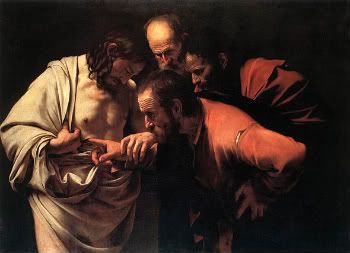
What is the baptism of the Holy Spirit? Now there are some, as we have seen, who say that there is really no difficulty about this at all. They say it is simply a reference to regeneration and nothing else. It is what happens to people when they are regenerated and incorporated into Christ, as Paul teaches in 1st Corinthians 12:13: 'By one Spirit are we all baptized into one body' . . . Therefore, they say, this baptism of the Holy Spirit is simply regeneration.
But for myself, I simply cannot accept that explanation, and this is where we come directly to grips with the difficulty. I cannot accept that because if I were to believe that, I should have to believe that the disciples and the apostles were not regenerate until the Day of Pentecost---a supposition which seems to me to be quite untenable. In the same way, of course, you would have to say that not a single Old Testament saint had eternal life or was a child of God. . . .
. . . A definition, therefore, which I would put to your consideration is something like this: the baptism of the Holy Spirit is the initial experience of glory and the reality and the love of the Father and of the Son. Yes, you may have many further experiences of that, but the first experience, I would suggest, is the baptism of the Holy Spirit. The saintly John Fletcher of Madeley put it like this: 'Every Christian should have his Pentecost.'
'This is life eternal,' our Lord prayed, 'that they might know thee the only true God, and Jesus Christ, whom thou has sent' (John 17:3). And it is only the Spirit who can enable us to know that. The baptism of the Holy Spirit, then is the difference between believing these things, accepting the teaching, exercising faith----- that is something that we all know, and without the Holy Spirit we cannot even do that, as we have seen-----and having a consciousness and experience of these truths in a striking and signal manner. The first experience of that, I am suggesting, is the baptism of the Holy Spirit, or the Holy Spirit falling on you, or receiving the Spirit. It is this remarkable and unusual experience which is described so frequently in the book of Acts and which, as we see clearly from the epistles, must have been the possession of the members of the early Christian Church.
-Martin Lloyd Jones, Great Doctrines of the Bible
H/T: Adrian Warnock




